Supported by Worldwide Universities Network (WUN), the workshop “Health Service, Investment and Health Equality in China” was hosted by Center for Social Welfare and Governance, Zhejiang University (SWG) at Zhejiang University on October 29-30, 2018. More than 50 experts and scholars from 16 universities attended the workshop, including University of Southampton, the University of Hong Kong, The Chinese University of Hong Kong, Renmin University of China, Nankai University, Fudan University, Shanghai University of Finance and Economics, Nanjing University, Huazhong University of Science and Technology, Central China Normal University, Zhengzhou University, Zhongnan University of Economics and Law, Sun Yat-sen University, South China University of Technology, Xi’an Jiaotong University and Northwest University. Experts had discussions and explored questions and concerns in health services, medical insurance and fairness for health care. Tian Minjie, the leader of WUN Group of the Office of Global Engagement, Zhejiang University, attended the workshop.
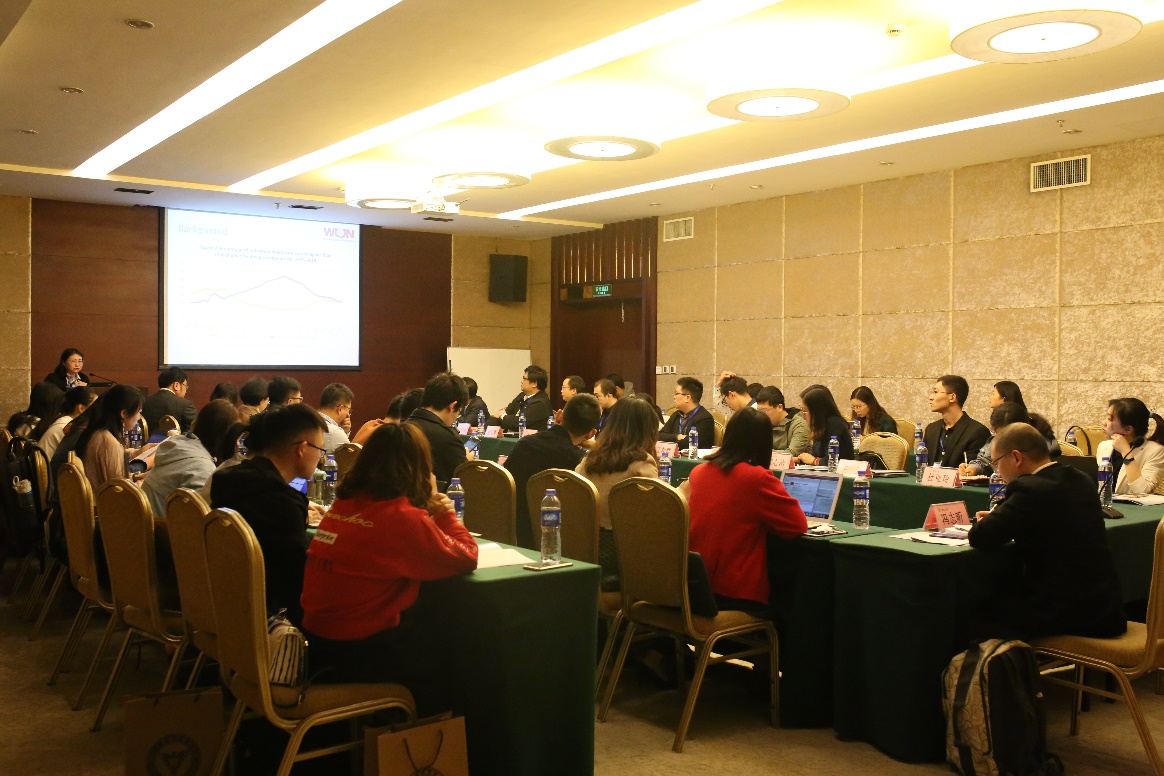
The event began with a welcome speech from Professor He Wenjiong, the director of SWG, Zhejiang University. Today health has become a common topic for countries all over the world. Fairness for health care in China is a critical issue to be settled on the journey to a moderately prosperous society in all respects, and it is of great significance to discuss the challenges, said Professor He. The focus of this year’s workshop was to promote international and interdisciplinary cooperation among young scholars in the field of fairness for health care.
Liu Xiaoting, associate professor of School of Public Affairs at Zhejiang University, gave a brief introduction to Worldwide Universities Network Research Development Fund (WUN RDF). She mentioned that Zhejiang University is one of the four members of WUN in Greater China.
The WUN RDF program has achieved research results in the field of health fairness. Dr. Zhixin Feng from University of Southampton reported that based on the longitudinal data, the government spending on health services had a positive influence on health fairness of elderly people.
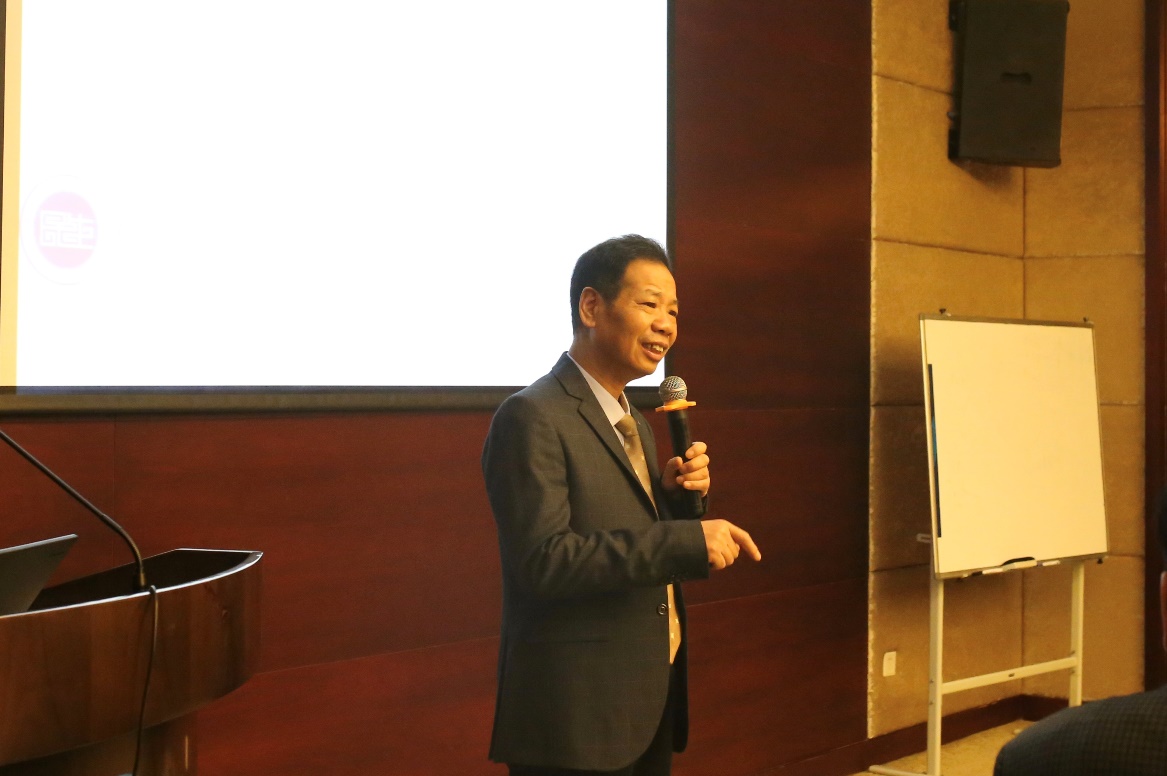
Professor He Wenjiong delivered the opening speech
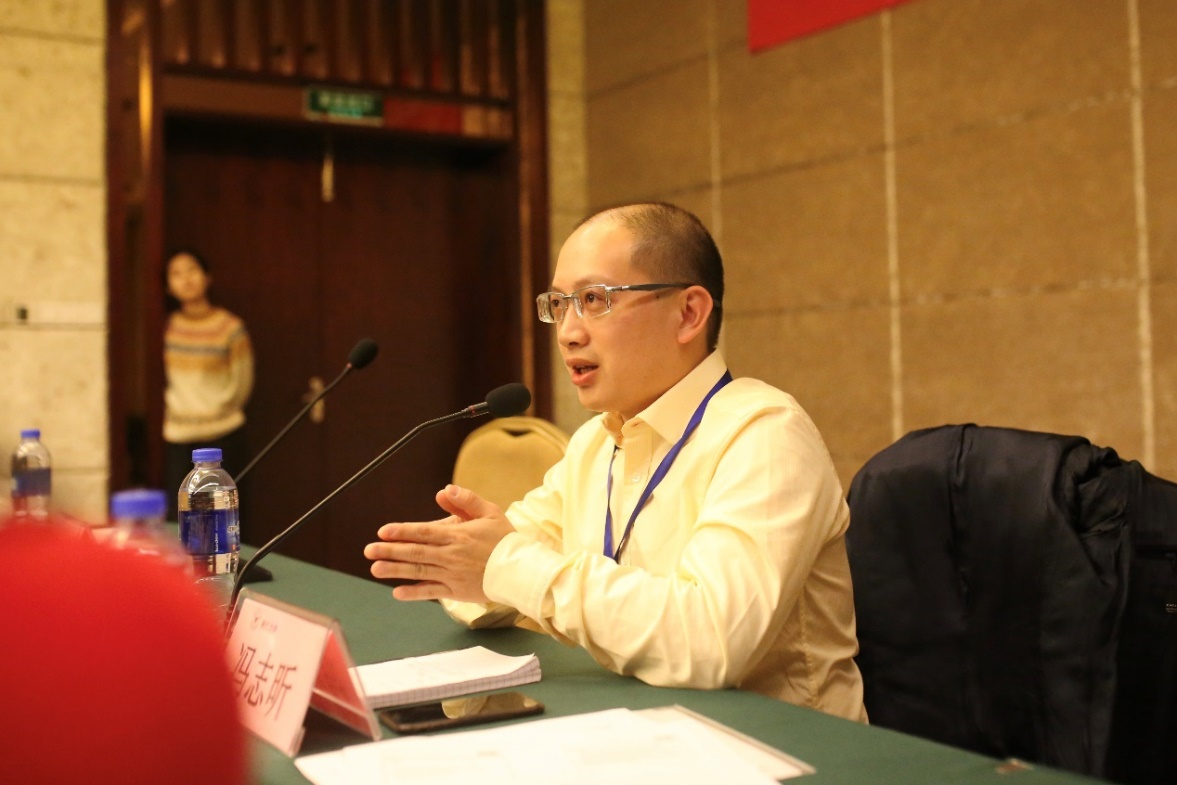
Dr. Zhixin Feng from University of Southampton made a report
Mi Hong, professor of School of Public Affairs at Zhejiang University presided over the keynote address on the morning of the 29th. Zhu Minglai, professor from Nankai University, analyzed preferential taxation for health insurance from the perspective of economics. Zhai Shaoguo, professor from Northwest University, shared his research on the governance of health vulnerability management from the aspect of health fairness. Associate Professor Xu Xinpeng from Nanjing University analyzed how the coordinated urban and rural health insurance system impacted the residents on economic and health level.
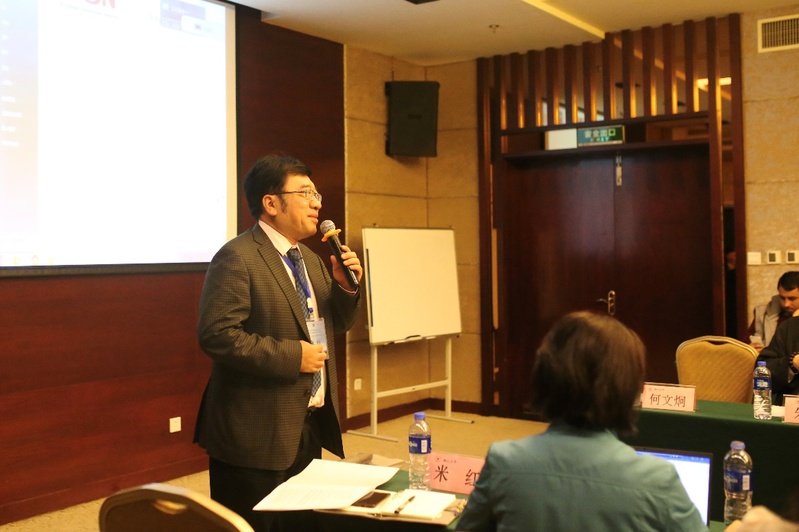
Professor Hong Mi from Zhejiang University hosted keynote address
Professor Weiqun Lou from the University of Hong Kong elaborated on the importance of temporary looking-after and explored factors influencing the adoption of temporary looking-after. Naijia Guo, assistant professor from the Chinese University of Hong Kong, gave a talk on the theme of the new type of pension insurance for rural residents influencing intergenerational support. Based on DID model and Regression Discontinuity (RD) model, Guo explored to what extent elderly people relied on intergenerational support and transfer payment by their children under the new insurance system. Associate Professor Liu Kai from Renmin University of China discussed whether social health insurance would reduce the degree of health unfairness.
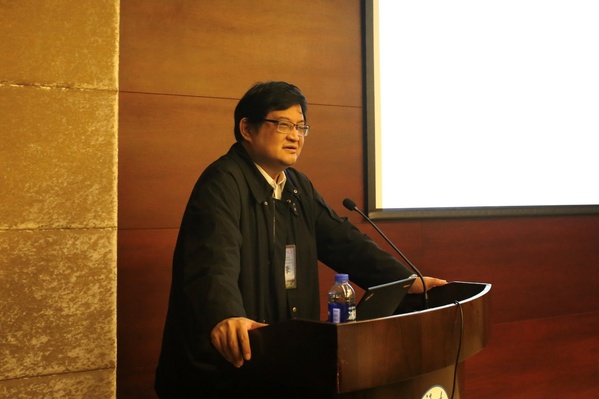
Zhu Minglai, professor from Nankai University
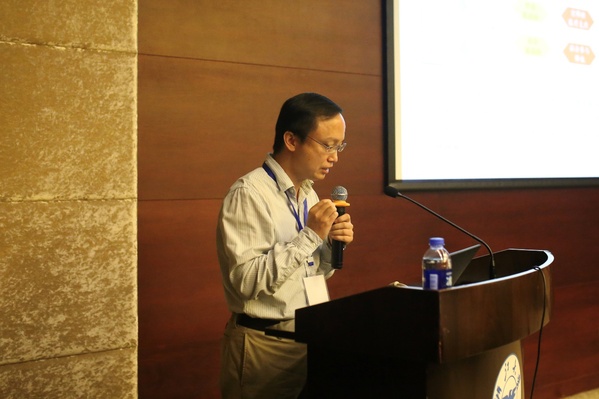
Zhai Shaoguo, professor from Northwest University
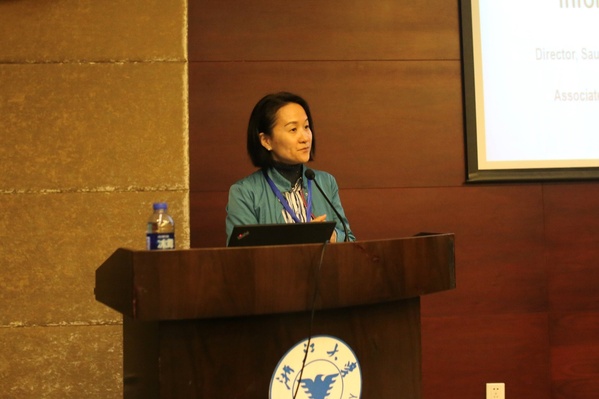
Professor Weiqun Lou from Hong Kong University
On the afternoon of the 29th, Zhang Yuehua, professor from Zhejiang University showed his empirical research on the depression of the widowed elderly. Bai Chen from Renmin University of China discussed problems related to New Rural Cooperative Medical System, health and ageing. Liu Huijun, professor from Xi'an Jiaotong University introduced her research on health services within new rural medical cooperation system. Professor Yang Yinan from South China University of Technology analyzed health performance based on pension and medical insurance with structural equation model as tool. Zeng Yi, associate professor from Zhongnan University of Economics and Law, solved the mystery of payment rate under the basic medical insurance system. Wang Chaoqun from Central China Normal University introduced his research on the measurement, decomposition and factors of health multidimensional poverty. Dr. Lei Peng from Jingmen No.1 People's Hospital and two students from Huazhong University of Science and Technology gave a brief introduction of their researches.
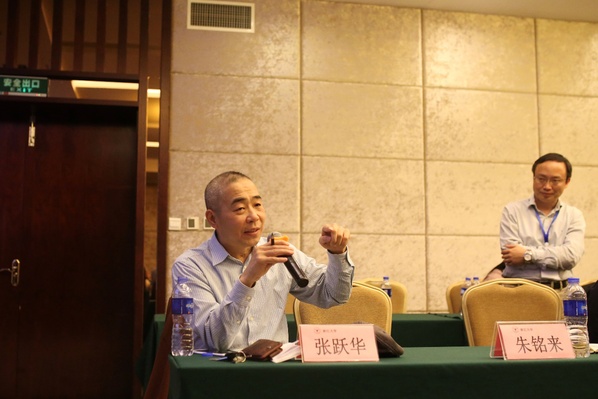
Zhang Yuehua, professor from Zhejiang University
The event offered a special session for doctoral students on the morning of the 30th. Two professors delivered the keynote address. Feng Jin, professor of Fudan University reported the impact of trade liberalization on elderly people’s health in cognition. And, associate professor Huang Feng from Shanghai University of Finance and Economics analyzed how national basic public health service affected health status of the elderly. Six doctoral students gave presentations about their researches, which was followed by Professor Feng and Professor Huang’s comment. In the workshop’s closing conclusion, Associate Professor Liu Xiaoting and Dr. Zhixin Feng introduced the cooperation plan of related issues and channels of domestic and foreign funds application.
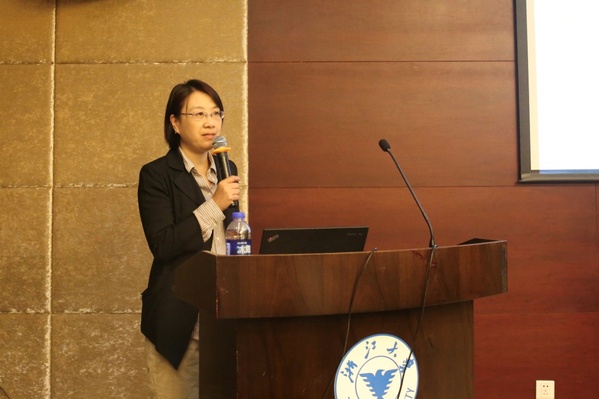
Feng Jin, professor from Fudan University
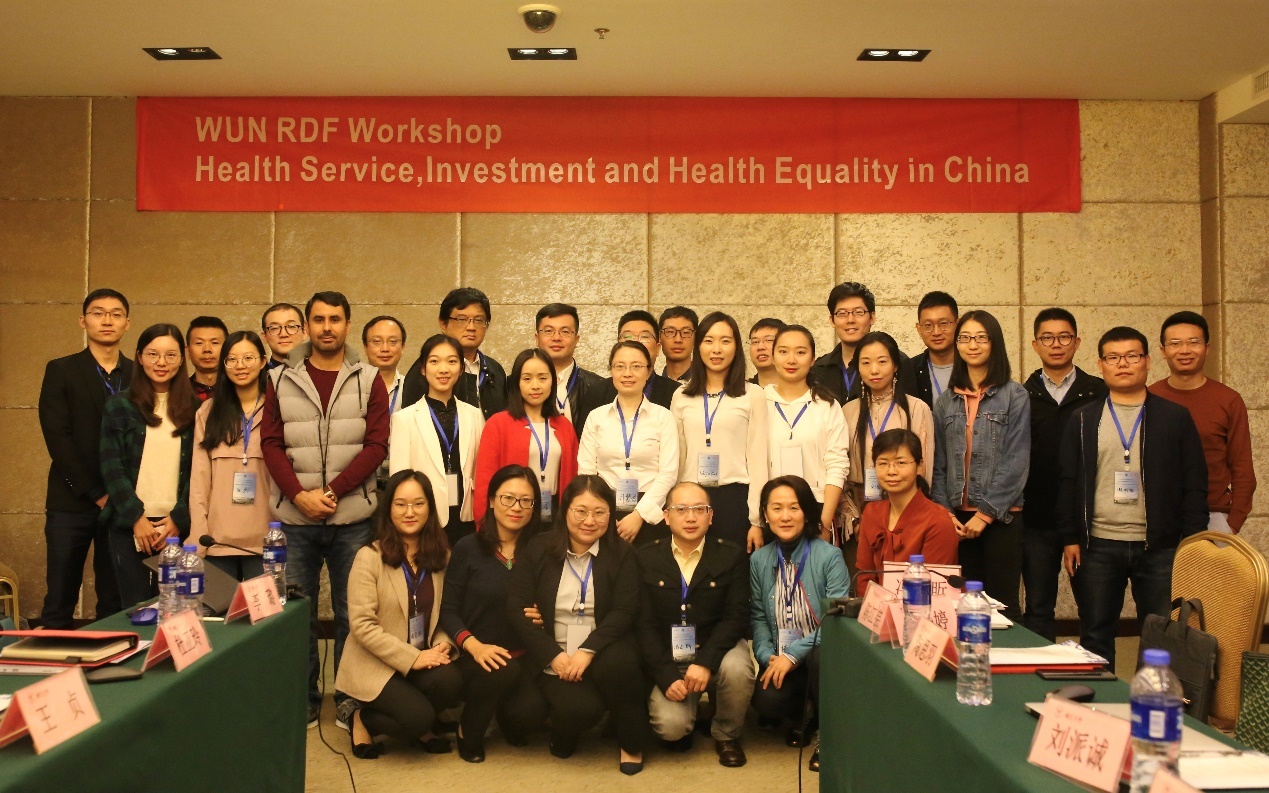
Attendees of WUN workshop
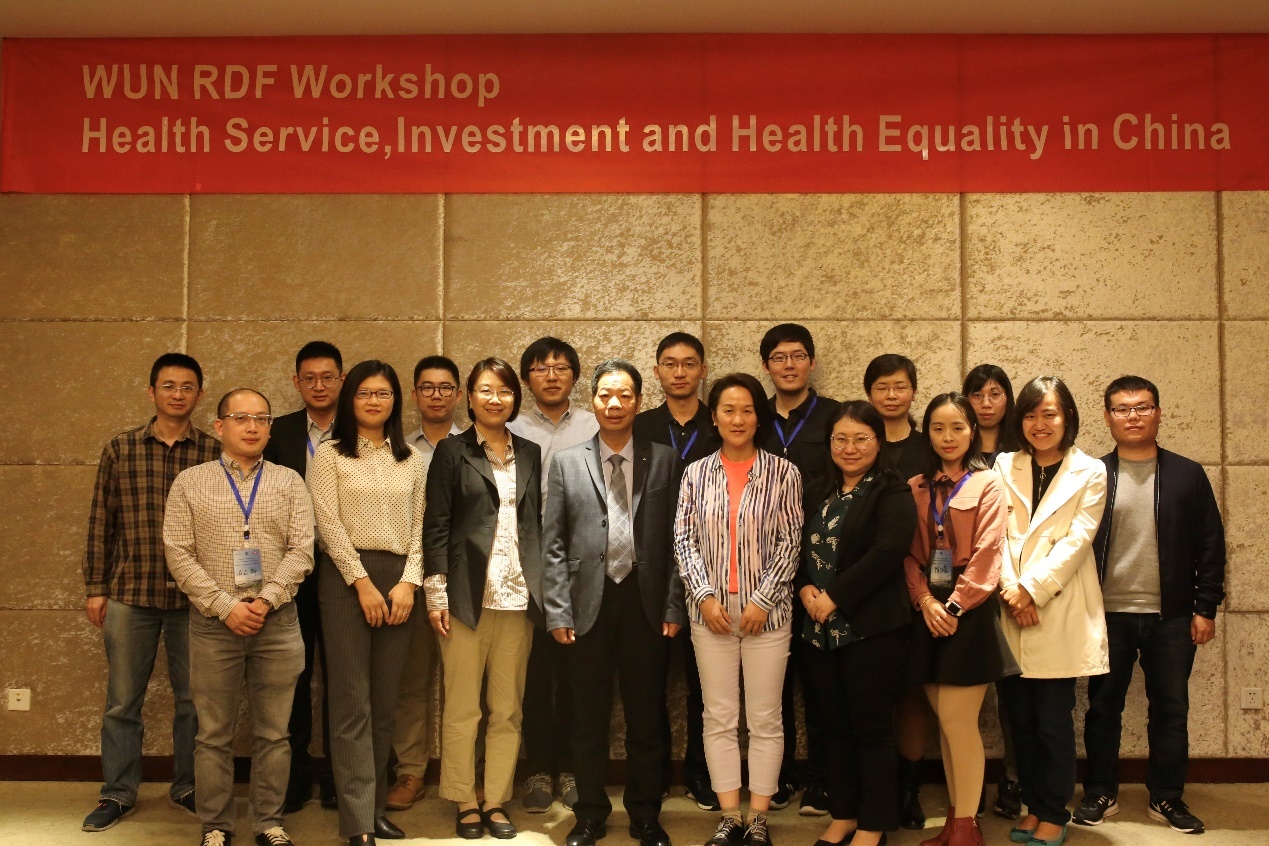
Attendees of PhD Forum
Source: http://www.spa.zju.edu.cn/spachinese/2018/1105/c13219a889438/page.htm


